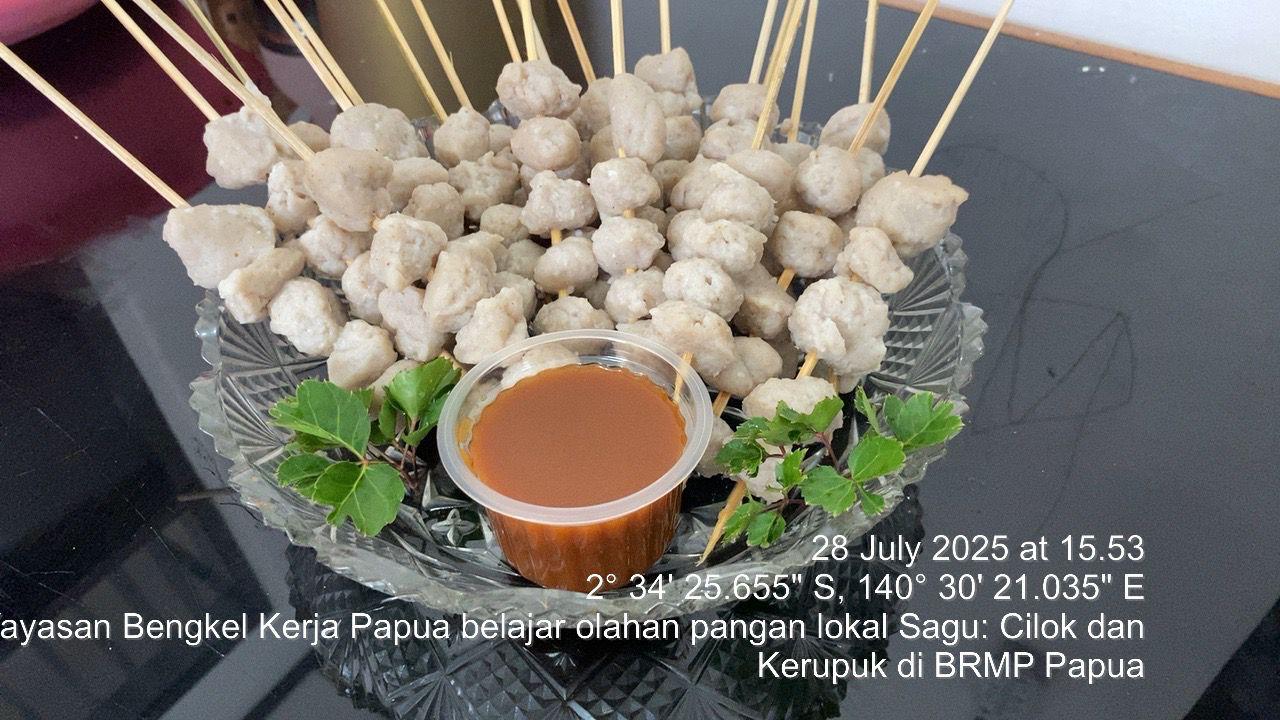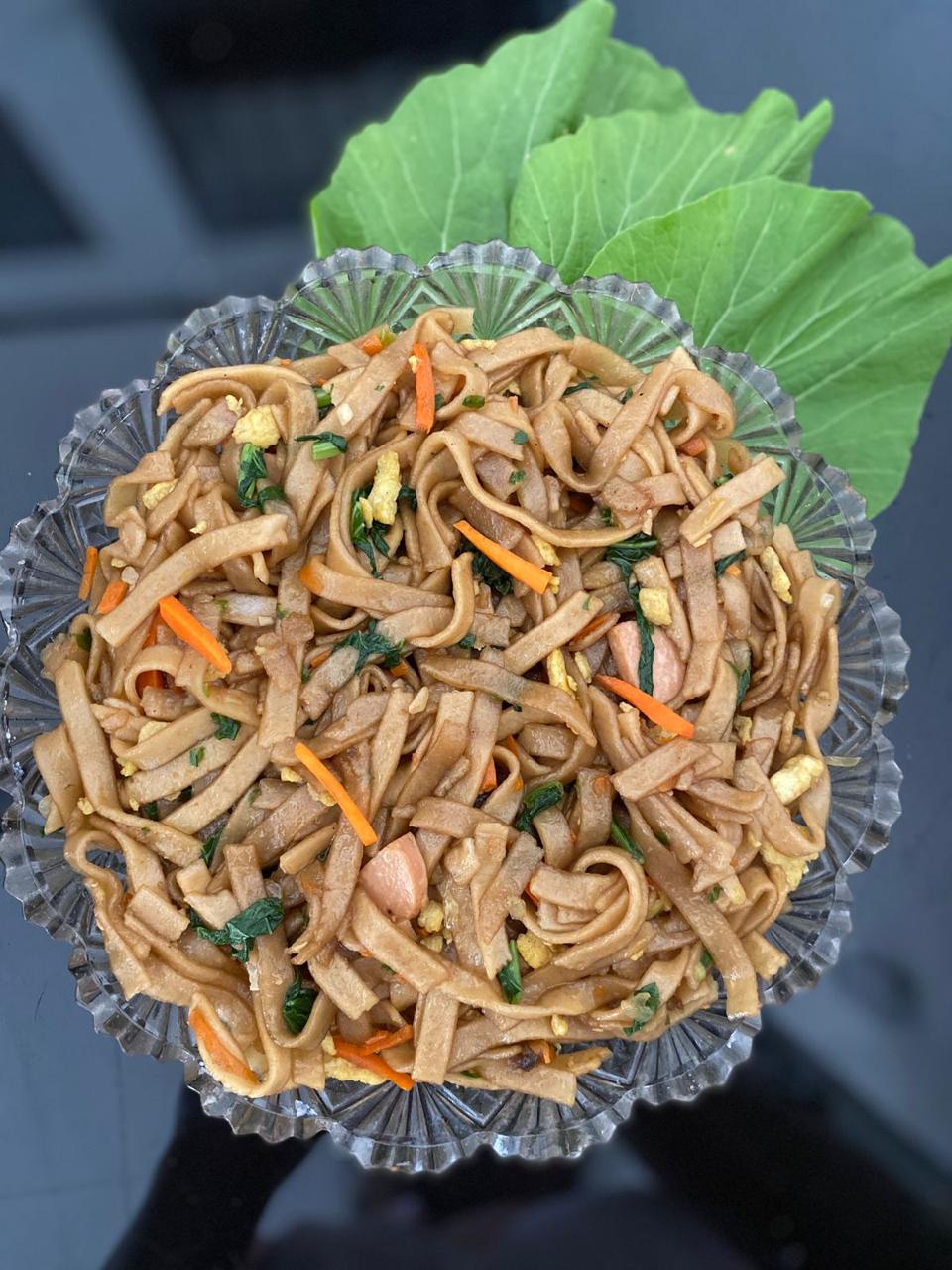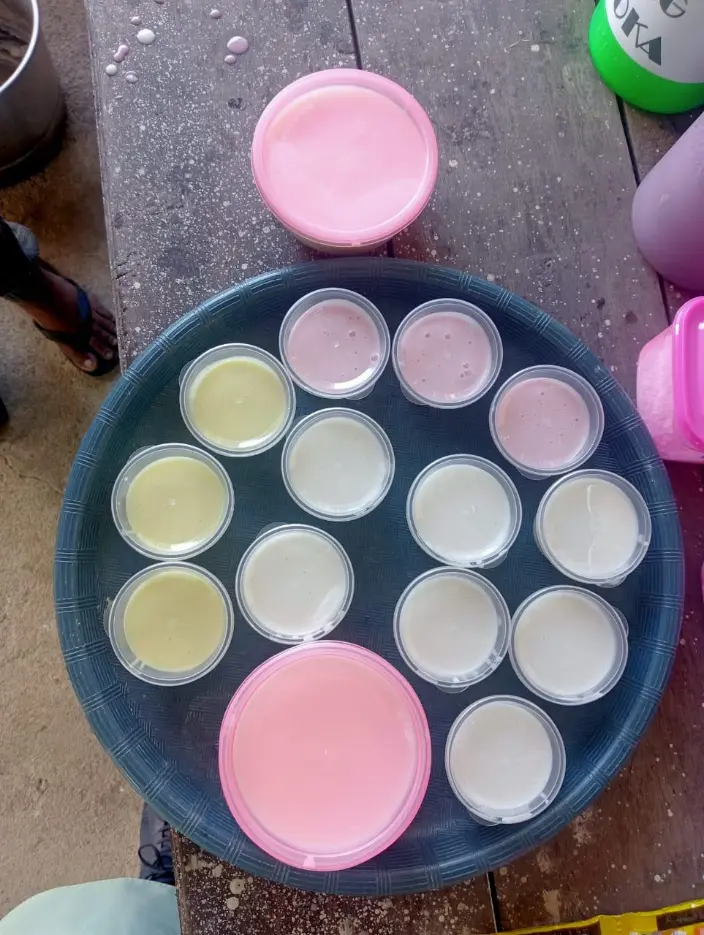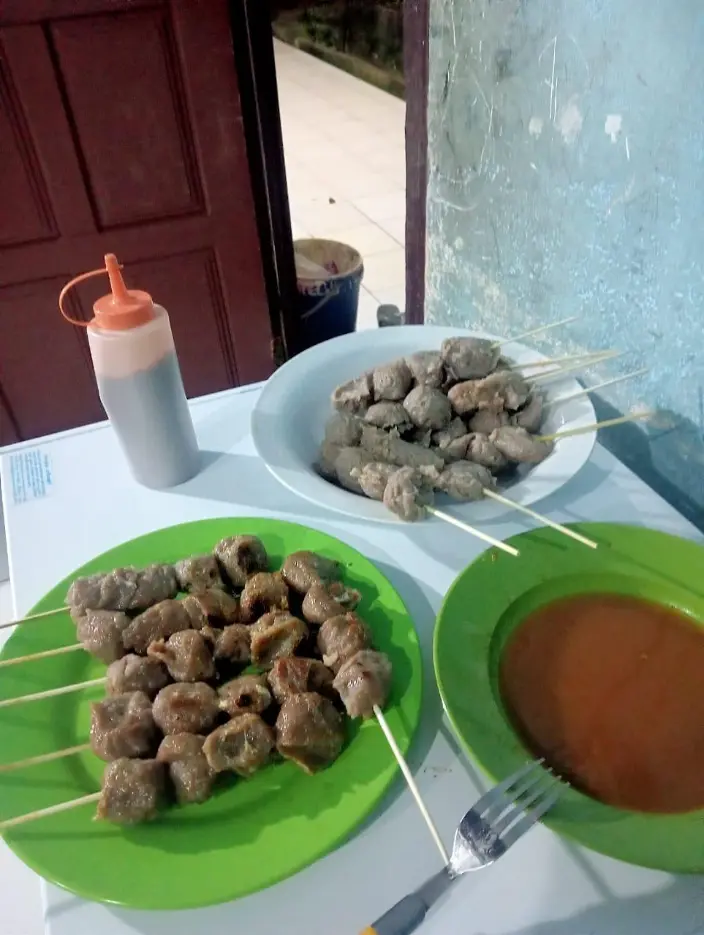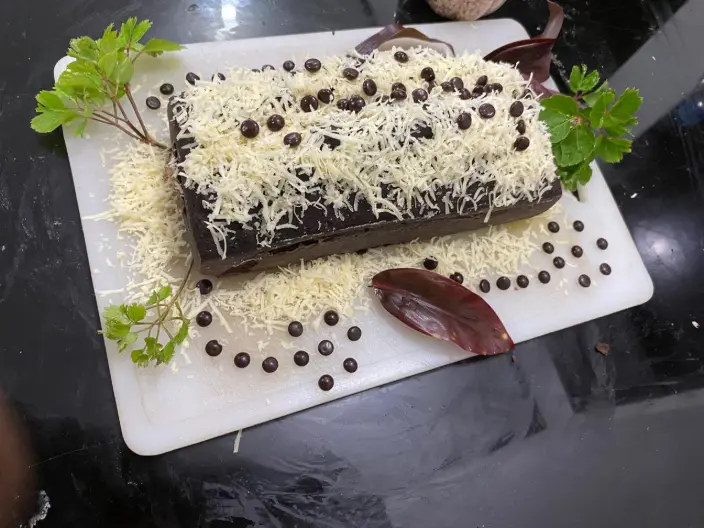Bridging the Digital Divide and Revitalizing Local Resources: Sago for a Smarter, Healthier, and More Prosperous Papua
For nearly a decade, our journey across Papua has taken us from one village to another—through mountains, valleys, rivers, and vast stretches of sago forest. In every community we visited, sago was at the heart of daily life. It sustained families, united neighbors, and reflected the deep bond between people and their land. It is more than food; it is heritage, survival, and hope.
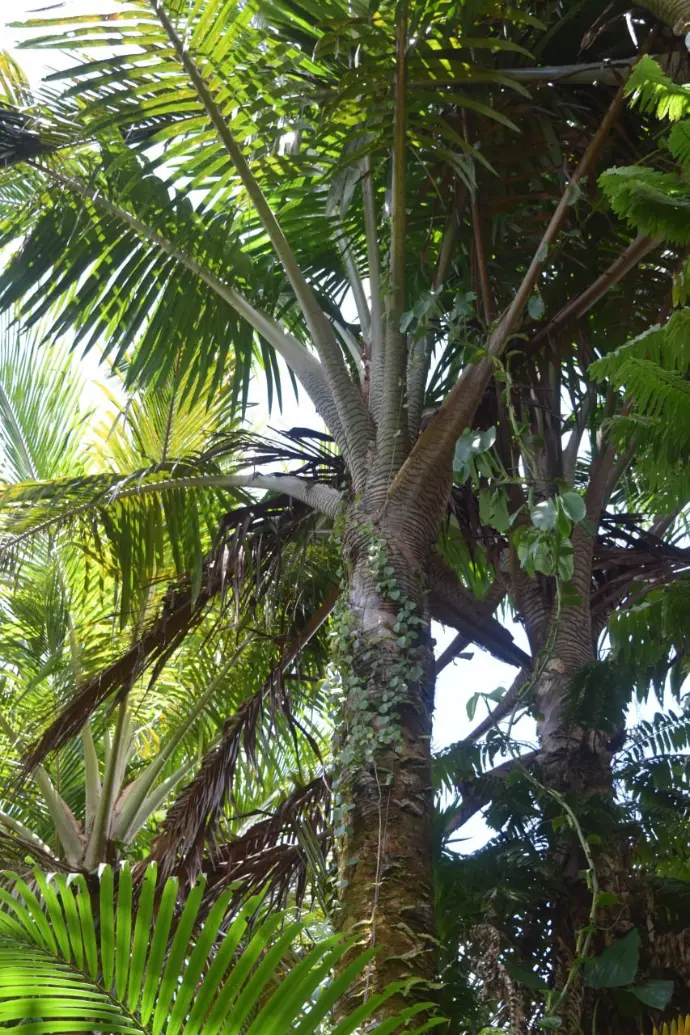
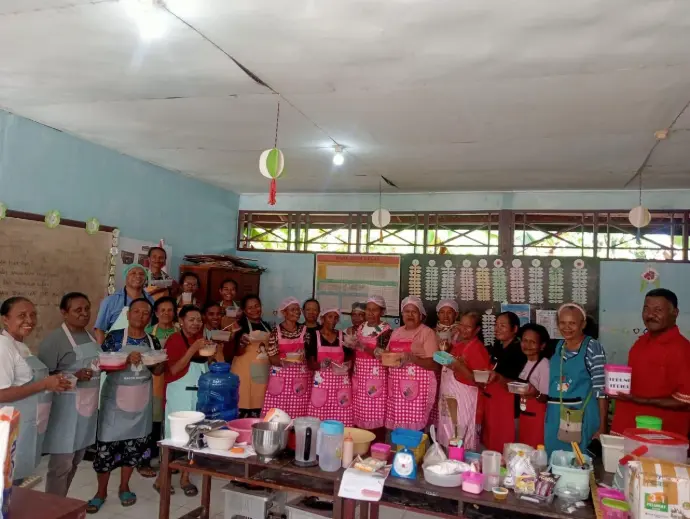
Papua and West Papua together hold one of the world’s largest concentrations of sago forests. Indonesia possesses approximately 5.2 million hectares of sago—representing about 85% of the global sago area, with most located in the Papua region. Studies estimate that, if properly managed, Papua could produce up to 13 million tonnes of dry sago starch annually (Agriculture & Food Security Journal, 2022). This positions sago not only as a cultural treasure but also as a strategic national resource for food security and sustainable economic growth.
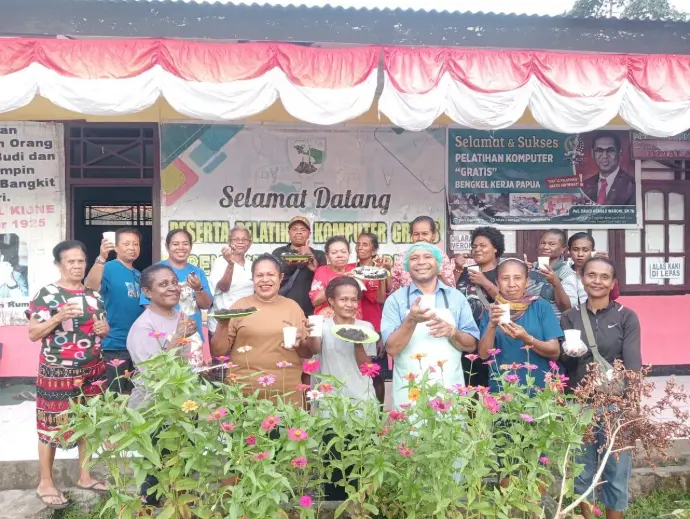
Despite this vast potential, sago remains underutilized due to limited access to technology, infrastructure, and markets. Yet in our field experience, we have seen how sago can be transformed into diverse and nutritious products—such as flour, noodles, crackers, and snacks for children—creating new opportunities for income generation and community development..
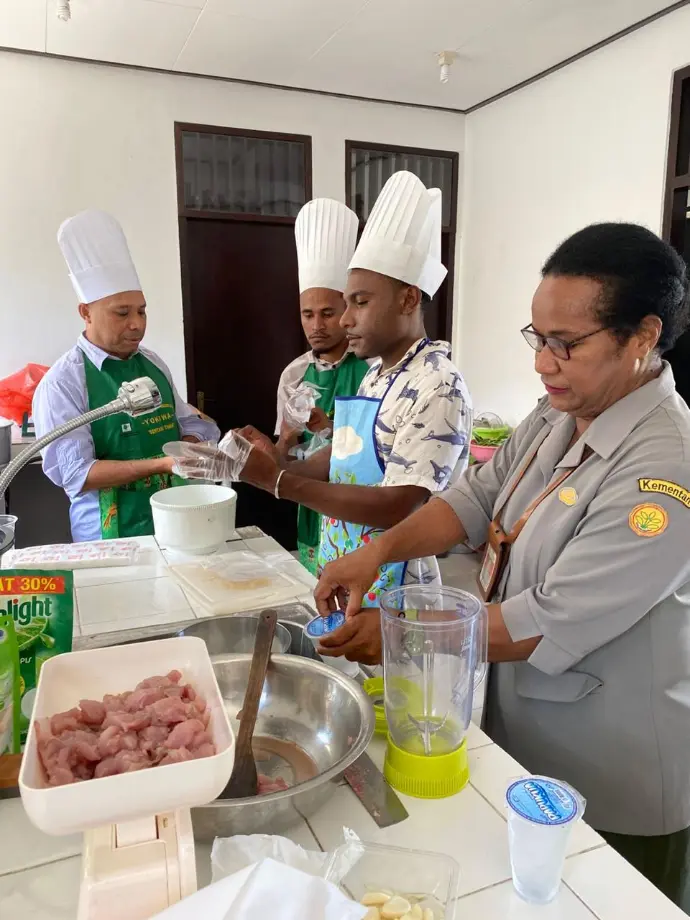
Through collaboration with the Ministry of Agriculture and local partners, our initiative expanded beyond providing free computer education. We now integrate digital literacy and local food innovation, equipping Indigenous Papuans with the digital, technical, and entrepreneurial skills needed to thrive in a modern economy. Women and youth in remote villages are now producing and marketing sago-based foods—improving family nutrition while fostering small-scale enterprises.
Do you want to help us?
Contact us today. You can help us by
- Donate new or used laptops, projectors, and IT equipment
- Sponsoring a village training (IDR 9.7 million / ~USD $600)
- Support transportation and operations
- Partner with BKP for skill development initiatives
